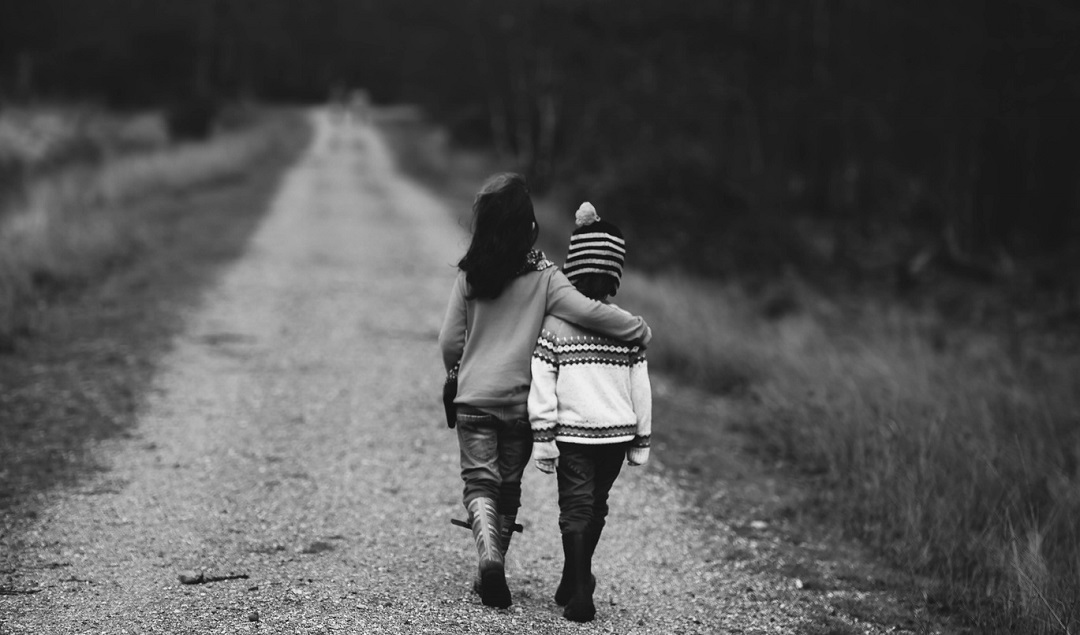May 7th is the 10th anniversary of Children’s Mental Health Awareness Day! Children’s Mental Health Awareness Day is designed to address the needs of children and young adults with mental health or substance use challenges.
The issue
Why is a focus on children’s behavioral health so important? Childhood experiences affect our adult physiology in dramatic ways. The Adverse Childhood Experiences (ACE) study, initially conducted by Kaiser Permanente from 1995-1997, examined this issue and found startling correlations.
ACEs contribute greatly to future mental and physical health issues, which is striking when you realize that almost 64 percent of the 17,000 ACE study participants reported having experienced at least one adverse childhood experience (i.e., instances of abuse, neglect, or household dysfunction).
To put it in perspective, a person with an ACE score of 4 is 12 times as likely as a person with an ACE score of 0 to exhibit suicidality and is 2.5 times as likely to develop hepatitis or chronic obstructive pulmonary disease. The CDC states that, “the ACE Study findings suggest that certain experiences are major risk factors for the leading causes of illness and death as well as poor quality of life in the United States. It is critical to understand how some of the worst health and social problems in our nation can arise as a consequence of adverse childhood experiences.” It is in our best interest to address and treat immediate and cumulative traumatic childhood experiences to mitigate physical and mental health risks later on in life.
PRA’s awareness efforts
To celebrate Mental Health Awareness Day, we have put together five videos that address the behavioral health of special youth populations, noting population statistics and available resources. The populations we address are:
- Youth in contact with the juvenile justice system
- Transition-age youth at-risk of or experiencing homelessness
- Children with disabilities
- Military and Veteran families
We hope that by raising awareness of the unique behavioral health needs of these youth we can be one piece of the puzzle in helping them achieve recovery.
Learn more
Learn more about our projects and how they are doing their part to address children’s mental health:
- SAMHSA’s Service Members, Veterans, and their Families Technical Assistance Center
- Website: http://www.samhsa.gov/smvf-ta-center
- E-mail: smvftacenter@prainc.com
- SAMHSA SOAR TA Center
- Website: http://soarworks.prainc.com/
- E-mail: soar@prainc.com
- National Center for Mental Health and Juvenile Justice
- Website: http://www.ncmhjj.com/
- E-mail: ncmhjj@prainc.com
- Policy Research Associates, Inc.
- Website: https://prainc.com/
- E-mail: pra@prainc.com
Learn more about childhood trauma with resources from the American Psychological Association.


